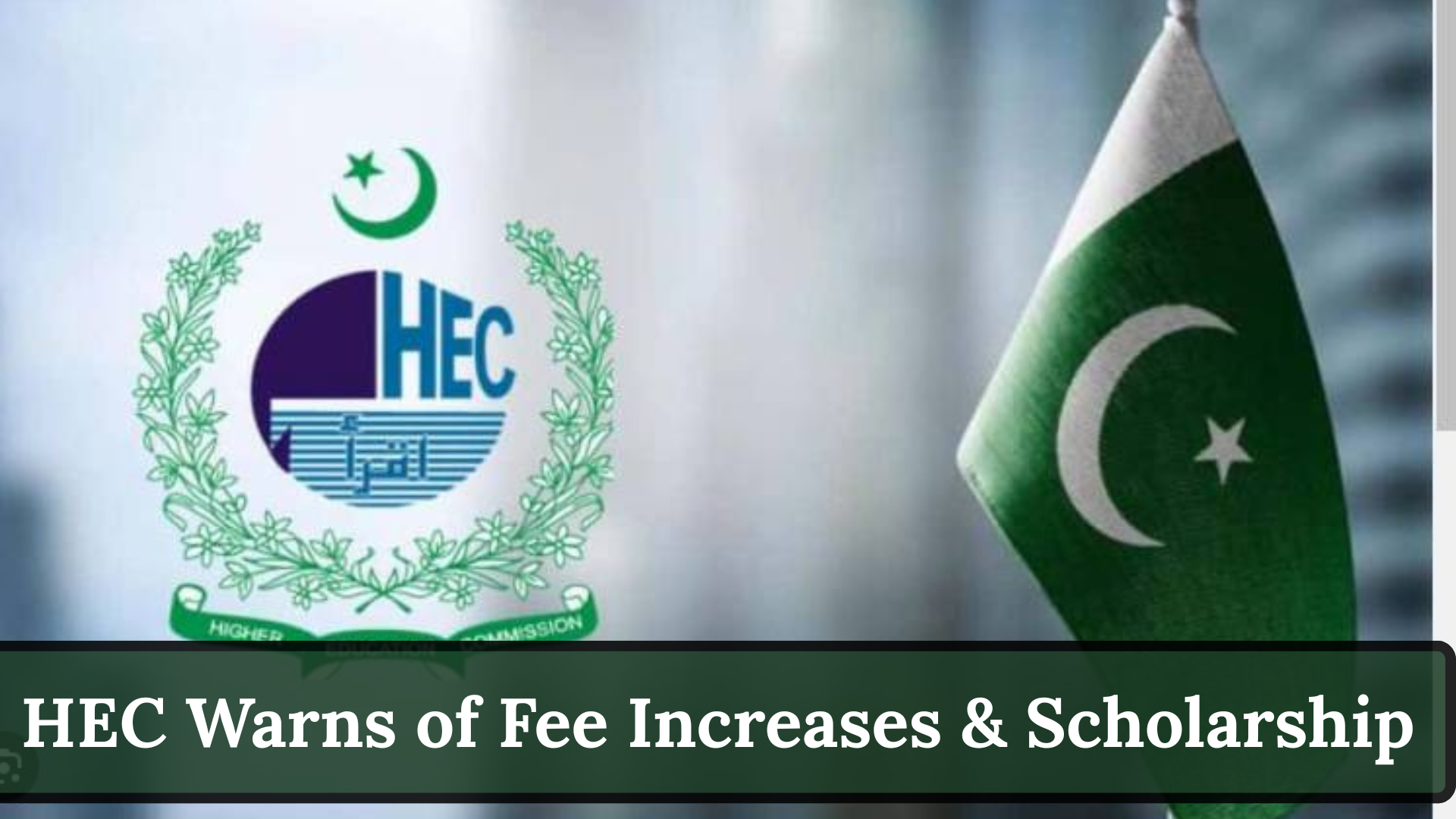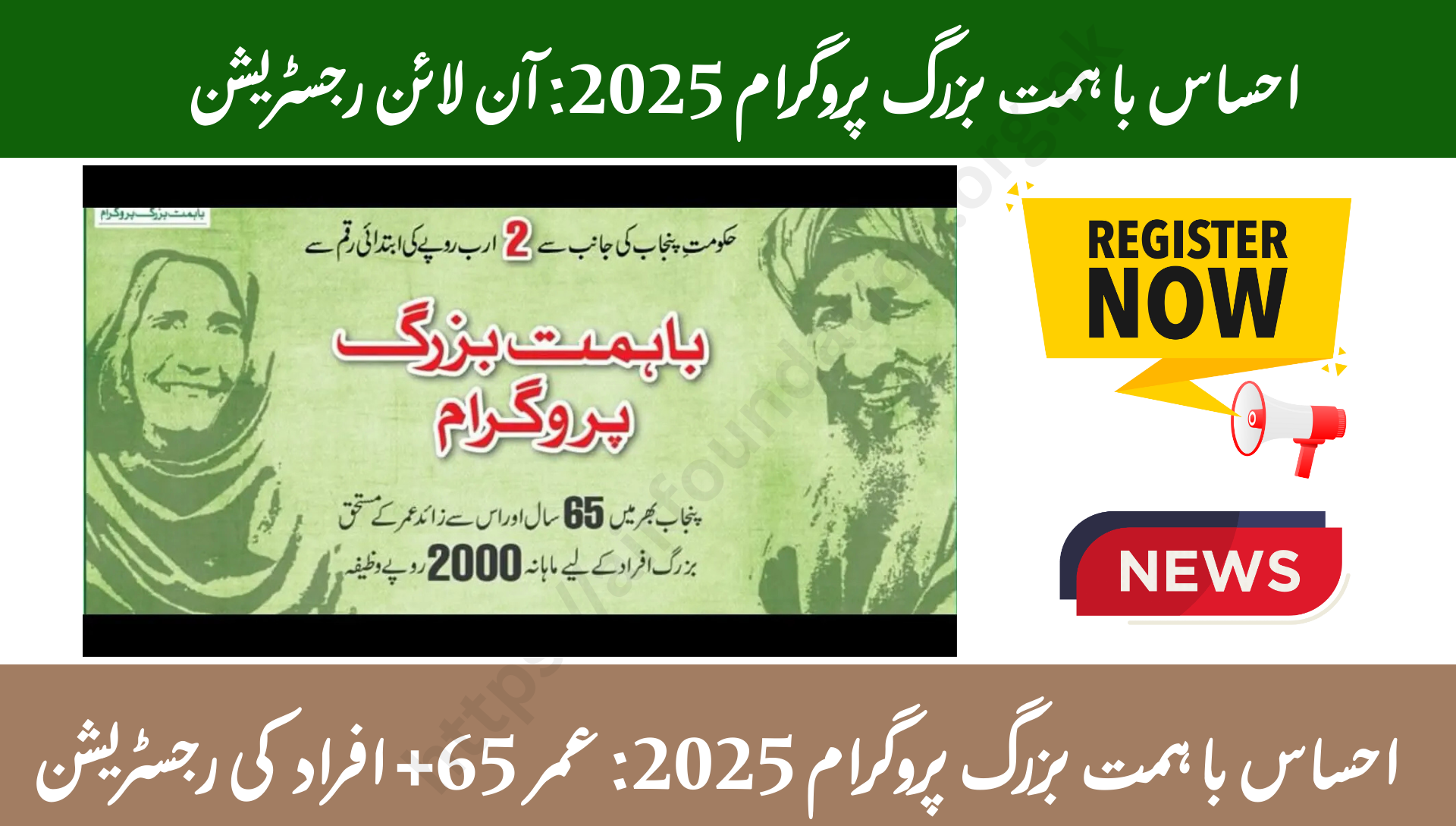HEC Warns of Fee Increases & Scholarship Cuts. Pakistan’s higher education sector is bracing for a serious financial crisis as the Higher Education Commission (HEC) warns that stagnant federal funding is pushing public universities toward tuition fee hikes, scholarship cuts, and greater educational inequality.
HEC Warns of Severe Financial Stress
In a written response submitted to the National Assembly, the Ministry of Education revealed that annual recurring funds for universities have not increased since 2018–19—despite major rises in:
- Student enrolment
- Faculty hiring
- Administrative staff
- Operational costs
HEC cautioned that this prolonged funding freeze threatens the financial stability of higher education institutions and may soon force universities to:
- Substantially increase tuition fees
- Reduce new admissions
- Limit opportunities for underprivileged students
HEC stated the crisis could “reduce enrolment and create greater barriers for disadvantaged students seeking access to quality higher education.”
35% Cut in Development Budget Shrinks Scholarships
The commission highlighted a major blow to student financial support: a 35% cut in the government’s development budget.
| Fiscal Year | Development Budget | Change |
|---|---|---|
| 2024–25 | Rs. 61.1 billion | — |
| 2025–26 | Rs. 39.5 billion | –35% |
This sharp reduction has already led to a decline in scholarship programs, affecting thousands of deserving students.
Education Minister Dr. Khalid Maqbool Siddiqui confirmed that Pakistan currently offers 27 foreign scholarship programs, in partnership with international universities, covering studies from bachelor’s to postdoctoral levels. However, many of these may face further restrictions if financial pressure intensifies.
Critics Say Govt is Prioritising Roads Over Education
Economic experts have openly criticized the government for focusing on “visible” and “politically attractive” projects such as road construction rather than critical sectors like healthcare and education.
Experts warn that deprioritizing education could damage Pakistan’s long-term development, workforce quality, and economic competitiveness.
Population Growth Rising Faster Than Literacy Rate
Responding to another question, the education minister highlighted a worrying imbalance:
Population Growth (2017–2023): 2.55% annually
Literacy Rate Increase (2017–2023): Only 1.8%
Pakistan’s population reached 241.49 million in the 2023 census, yet literacy improvements continue to lag far behind. This gap makes national education targets difficult to achieve.
To address this, the ministry is expanding non-formal education initiatives, especially for:
- Out-of-school children
- Low-income families
- Marginalised communities
HEC Leadership Transitions Underway
HEC is currently working under interim management, but permanent leadership appointments are in progress.
Expected Appointments
- Prof Dr Ziaul Haq, Vice Chancellor of Khyber Medical University, has been selected as the new Executive Director and is expected to assume office shortly.
- For the HEC Chairman’s position, around 30 shortlisted candidates will be interviewed next week by the search committee.
These leadership changes are expected to influence future policies regarding university funding, scholarships, and national education priorities.
Conclusion
Pakistan’s higher education system is entering a critical phase as funding freezes and budget cuts threaten fee hikes and scholarship reductions. Unless the government prioritises education, access for underprivileged students and the overall quality of universities may decline sharply.

















